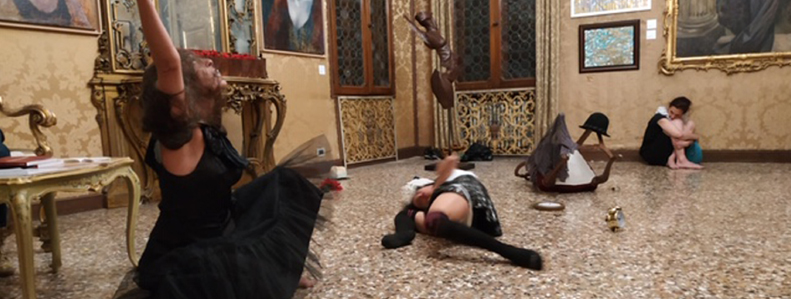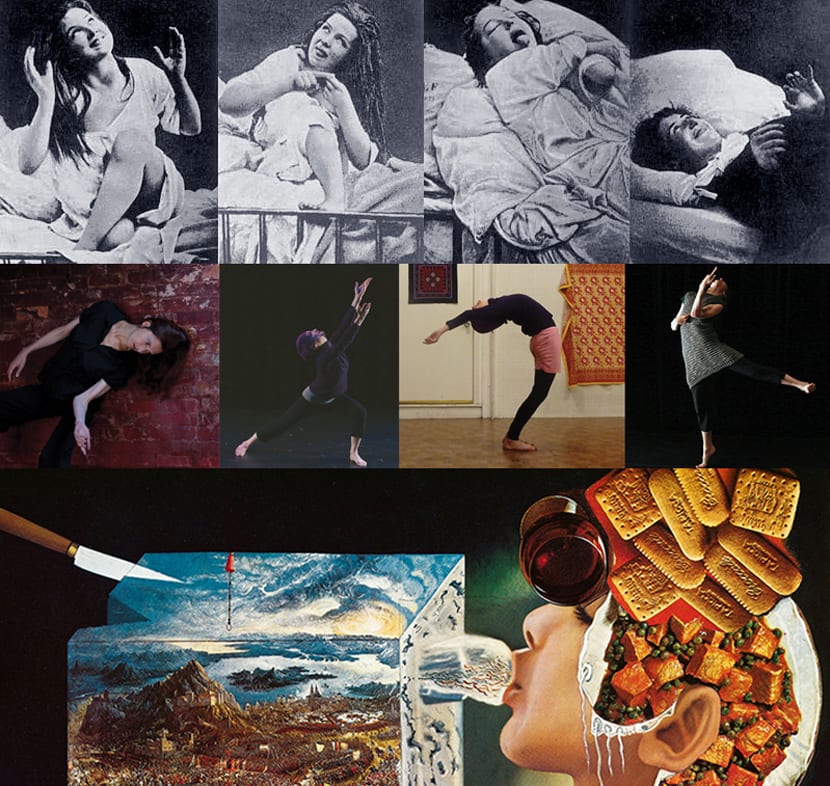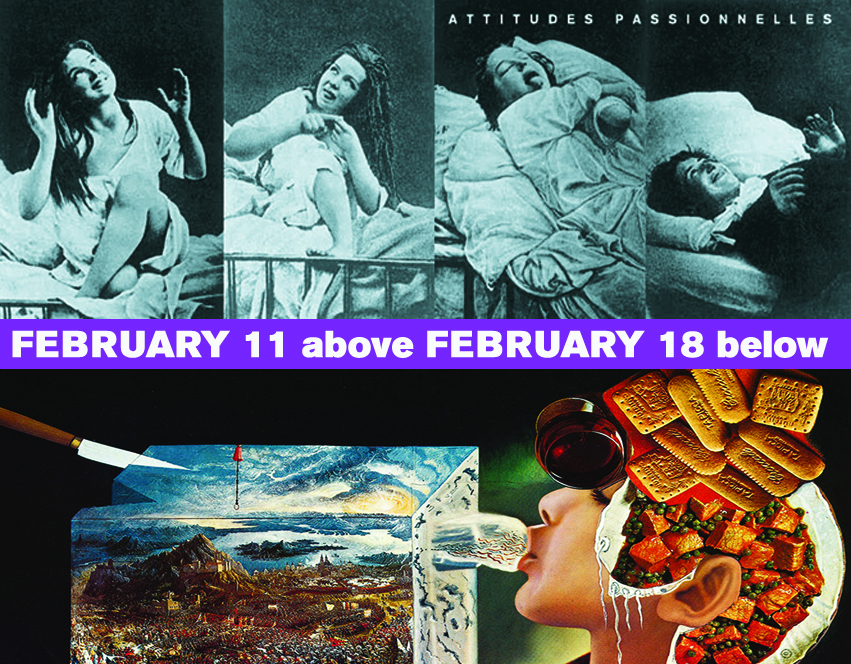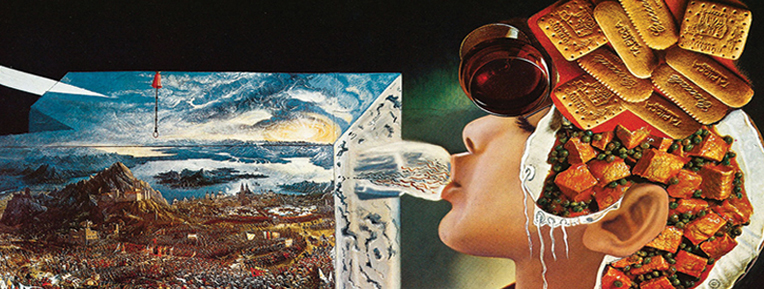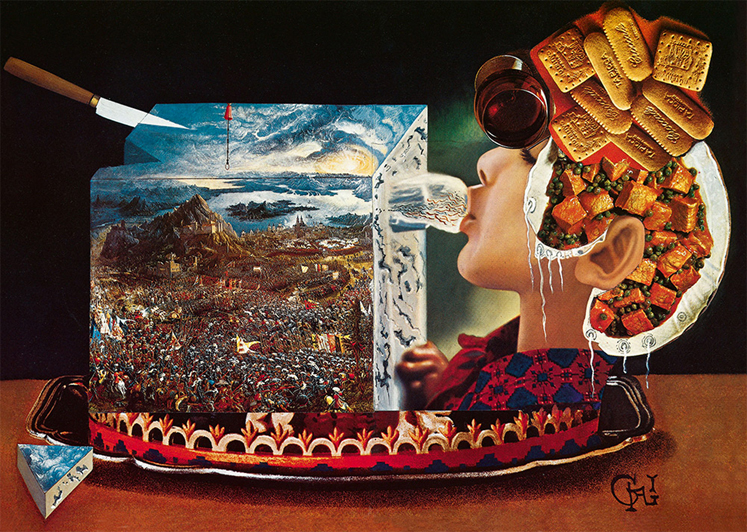Spectatorship and Embodied Expression
“[C]ritical art is a type of art that sets out to build awareness of the mechanisms of domination to turn the spectator into a conscious agent of world transformation,” writes philosopher Jacques Rancière in Aesthetics and its Discontents (2004). When as dance artists we decide to work critically with and through the body, and at the same time enter the contested field of the history of psychiatric diagnosis, our aim is to initiate spectator’s transformation. The intention is to make him/her into an active observer of the world outside a given theatrical event. For this to occur, the spectator is asked to remain attentive during a relatively short time of a theatrical event.

